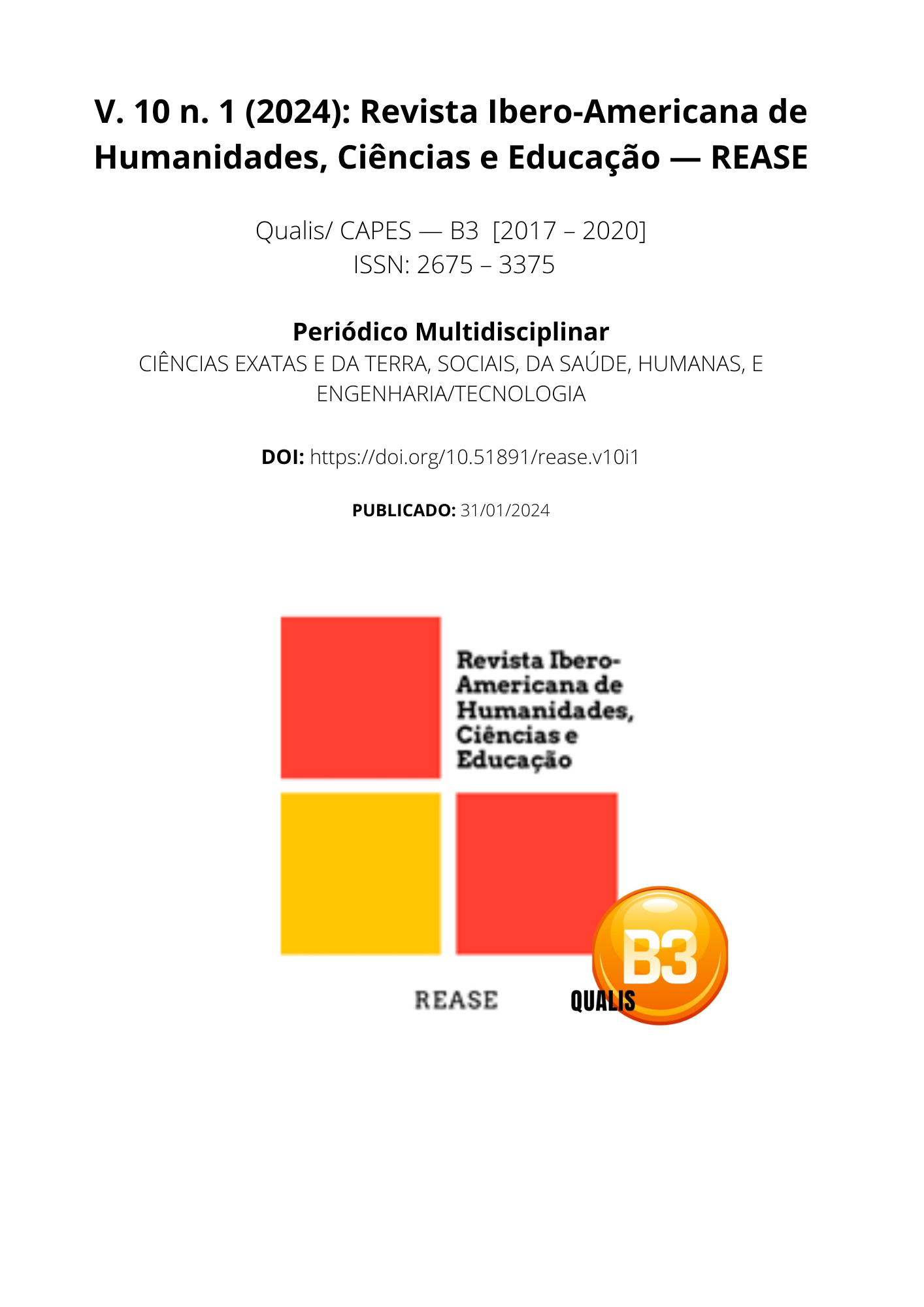THE ASSOCIATION BETWEEN VITAMIN D DEFICIENCY AND THE DEVELOPMENT OF AUTOIMMUNE AND ENDOCRINE DISEASES
DOI:
https://doi.org/10.51891/rease.v10i1.12939Keywords:
Acne vulgaris. Sex hormones. Teenagers. Dermatological evaluation.Abstract
Acne vulgaris is a dermatological condition prevalent in adolescence, significantly impacting the quality of life of affected individuals. Its pathophysiology is multifactorial, with genetic, environmental and hormonal contributions. Among these factors, sex hormones play a crucial role in the development and worsening of acne during puberty. The influence of androgenic hormones, such as testosterone and dihydrotestosterone, on sebum production and keratinocyte proliferation, contributes to the obstruction of hair follicles and the subsequent appearance of acne lesions. Objective: To comprehensively and critically investigate recent scientific literature, exploring the specific influence of sex hormones on the pathophysiology of acne vulgaris in adolescents, highlighting the relevance of dermatological assessments for an effective therapeutic approach. Methodology: The review was conducted in accordance with the PRISMA (Preferred Reporting Items for Systematic Reviews and Meta-Analyses) guidelines. The PubMed, Scielo and Web of Science databases were used to identify articles published in the last 10 years. Five descriptors were used: "acne vulgaris", "sexual hormones", "adolescents", "dermatological evaluation" and "therapeutic". Inclusion criteria addressed studies that investigated the relationship between sexual hormones and acne in adolescents, with dermatological and therapeutic assessment as key components. Exclusion criteria involved studies outside the period of interest, lack of dermatological evaluation and focus on non-adolescent populations. Results: Literature analysis revealed significant associations between sexual hormones and the pathophysiology of acne in adolescents, highlighting the importance of dermatological assessment for personalized therapy. Key topics included hormonal modulation, impact on sebum production and implications for therapeutic approaches. Conclusion: An in-depth understanding of the influence of sex hormones on acne vulgaris in adolescents, combined with an effective dermatological assessment, provides crucial insights for personalized therapeutic strategies, improving the effectiveness of treatments and the quality of life of affected patients.
Downloads
Downloads
Published
How to Cite
Issue
Section
Categories
License
Atribuição CC BY

